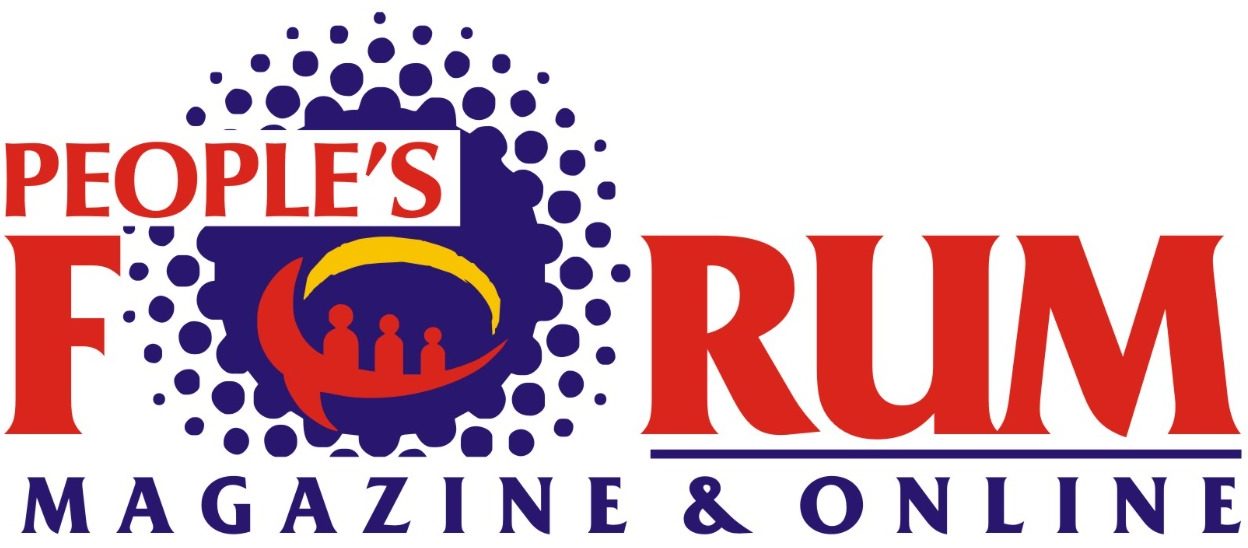The Lilypond Export Command (LEXC) of the Nigeria Customs Service has announced a remarkable export performance for the first half of 2025, recording a cumulative export value of $1.586 billion. This marks a 36% increase compared to the $1.165 billion recorded during the same period in 2024.
Speaking at a press briefing in Lagos, Comptroller Ajibola Odusanya, Customs Area Controller of LEXC, attributed the growth to improved trade facilitation, increased industrial output, and enhanced compliance.
According to the Controller, during the review period (January–June 2025), the command processed 27,721 export containers, a significant rise from 9,438 containers handled in the first half of 2024. This represents a 200% increase, underscoring the growing momentum in Nigeria’s non-oil export sector.
He explained that exports were classified into four major segments: agricultural products, manufactured goods, solid minerals, and others.
– Agricultural Products:
Dominated the export portfolio with a total value of $966.73 million, up from $288.83 million in H1 2024 — a growth of $677.91 million.
– Manufactured Goods:
Valued at ₦2.083 trillion, reflecting a sharp rise from ₦170 million in the same period last year — an increase of ₦1.913 billion. This surge highlights Nigeria’s expanding industrial capacity and diversification efforts.
💰 Revenue from Export Supervision
The controller noted that under the Nigeria Export Supervision Scheme, which mandates statutory fees on all legitimate exports, the command generated ₦12 billion in revenue — a substantial increase from ₦2.617 billion in H1 2024. This ₦9.383 billion rise signals improved compliance and a higher volume of export transactions.
Comptroller Odusanya emphasized the command’s collaborative efforts with key government agencies, including: NDLEA, Standards Organisation of Nigeria (SON), Nigeria Agricultural Quarantine Service (NAQS), NAFDAC, and Nigeria Police Force.
He noted that stakeholder feedback continues to affirm LEXC’s role as a preferred hub for non-oil exports, contributing significantly to national economic growth.
Odusanya praised the deployment of the B’Odogwu digital platform, which has streamlined export processing and enhanced operational efficiency. He urged exporters, freight forwarders, and haulage operators to remain compliant with trade regulations, warning that ignorance of the law will not be accepted as an excuse.
He also encouraged stakeholders to take advantage of the command’s open-door policy and familiarize themselves with export prohibition guidelines to ensure proper and legal trade practices.





